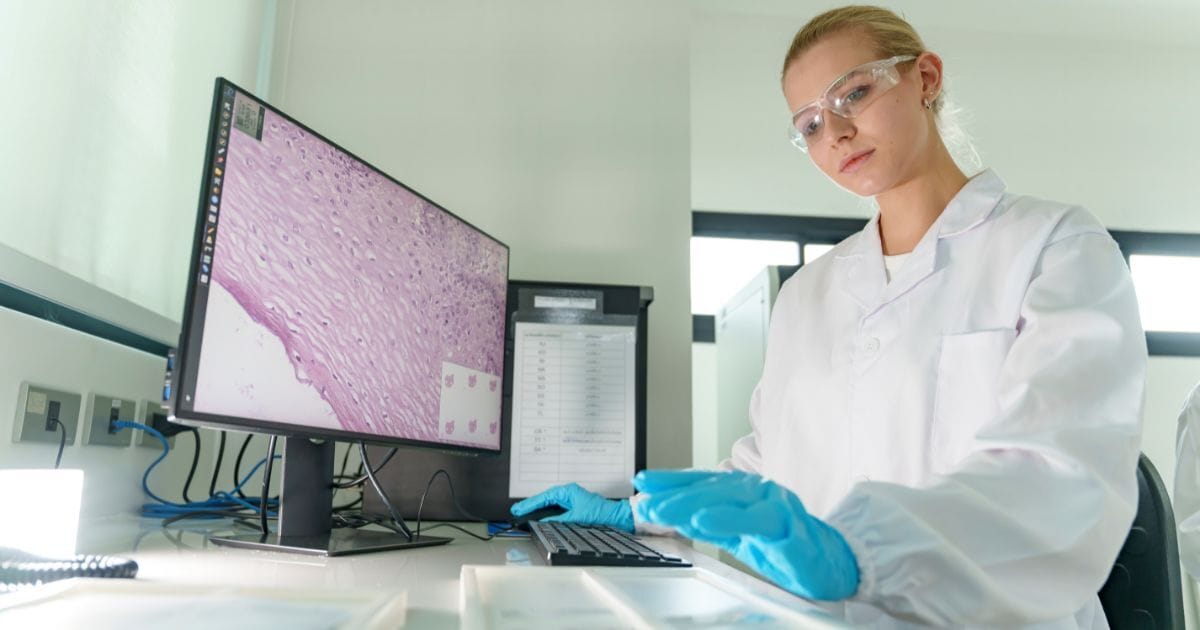A study published in Science has identified a toxin-producing gut bacterium that may play a role in ulcerative colitis by damaging a type of immune cell that helps keep the intestinal lining stable. The findings come from a combination of human biopsy samples, mouse experiments and a clinical survey involving more than 500 people.
Ulcerative colitis is a chronic inflammatory bowel disease that affects millions of people worldwide. Its causes are complex and involve genetics, immune function, the intestinal barrier and the microbiome. The new study focuses on one piece of that puzzle: a group of gut-resident macrophages that help maintain the gut’s protective lining.
The research team found that these tissue-resident macrophages were nearly absent in colon biopsies from patients with ulcerative colitis, even in tissue that was not yet inflamed. When the researchers removed these macrophages in mouse models, the animals became more vulnerable to inflammation, suggesting these cells help protect the gut from injury.
To understand what might be damaging these macrophages, the team examined fecal samples from patients. They found high levels of aerolysin, a toxin produced by a variant of Aeromonas bacteria, in samples from people with ulcerative colitis. Lab tests showed that this toxin selectively killed macrophages while leaving intestinal epithelial cells largely unharmed.
In mouse studies, infection with the aerolysin-producing bacteria worsened inflammation, while mutant strains lacking the toxin did not. Neutralizing the toxin with antibodies helped reduce symptoms in mice. These findings suggest a potential bacterial driver of inflammation in some cases of ulcerative colitis, though the researchers emphasize that the disease remains multifactorial.
A clinical survey involving 574 participants found that Aeromonas species were present in 72% of patients with ulcerative colitis but only about 12% of healthy individuals. The bacteria were nearly absent in people with Crohn’s disease, suggesting the association may be more specific to ulcerative colitis. These survey results show correlation, not causation, but support further investigation.
In a related commentary, Sonia Modilevsky and Shai Bel wrote that “directly targeting these microbes and their toxins could be a promising avenue for treating [inflammatory bowel disease] without inhibiting the patients’ immune system with biologics, such as antibodies, and steroid drugs.”
While the idea of targeting a specific toxin or bacterium is promising, experts caution that this research is still early. Much of the mechanistic work was done in mice, and the human data show associations rather than proof of cause. Ulcerative colitis involves many biological pathways, and treatments must consider the immune system, environment and individual variation.
Still, the findings offer a clearer picture of how the gut’s immune defenses interact with the microbiome. Understanding how specific bacteria affect immune cells could help guide future therapies that strengthen the gut barrier or selectively block harmful microbial activity.
For readers living with ulcerative colitis, the takeaway is that researchers continue to uncover new mechanisms that may explain why inflammation persists or worsens. While this study does not change treatment today, it adds to the growing understanding of how the microbiome contributes to gut health and may help support more targeted therapies in the future.
This work was supported by the National Natural Science Foundation of China and the Fundamental Research Funds for the Central Universities. The funders were not involved in the design or publication of the study.
